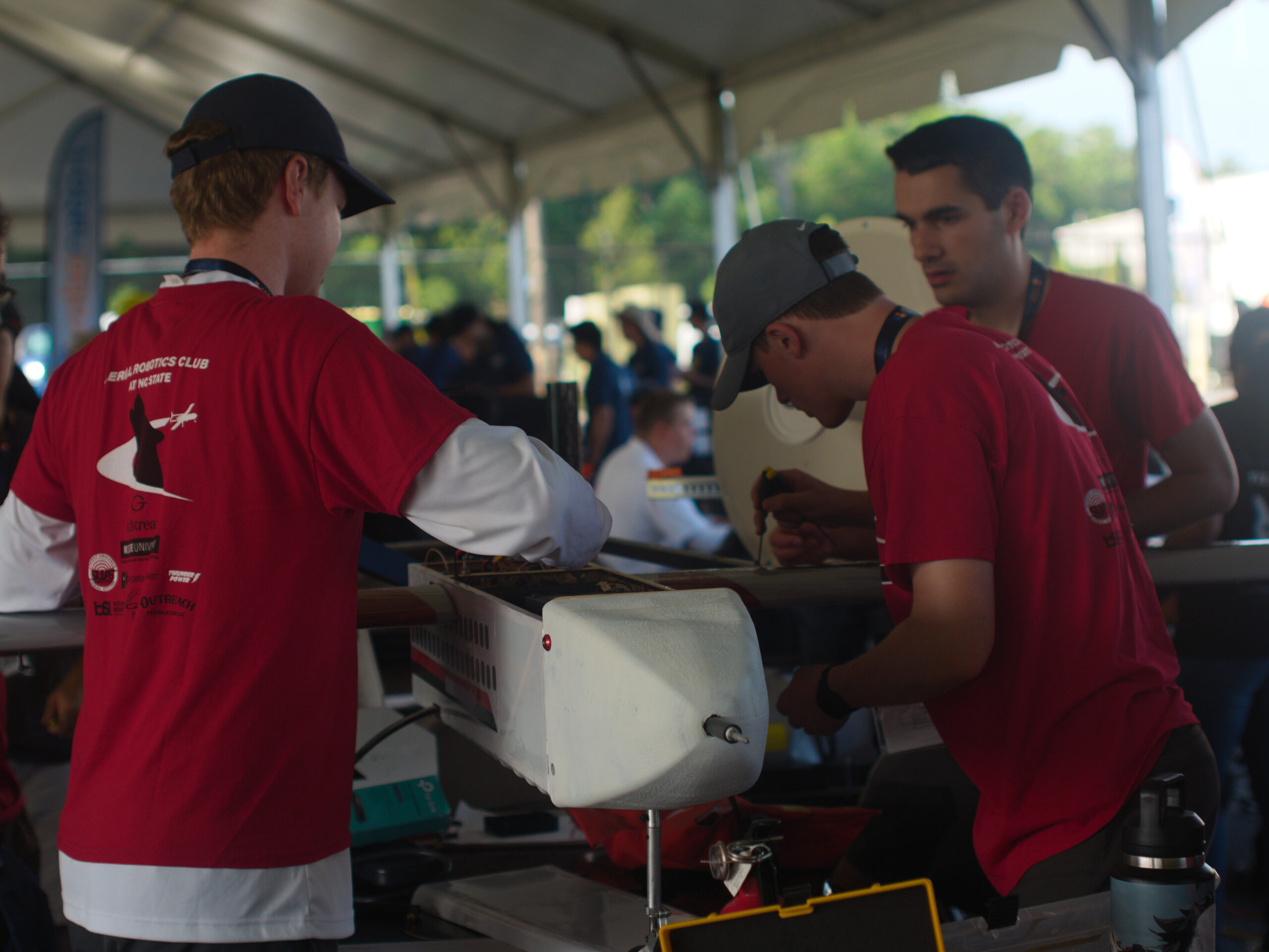NC Space Grant and Sea Grant Announce New Joint Fellow
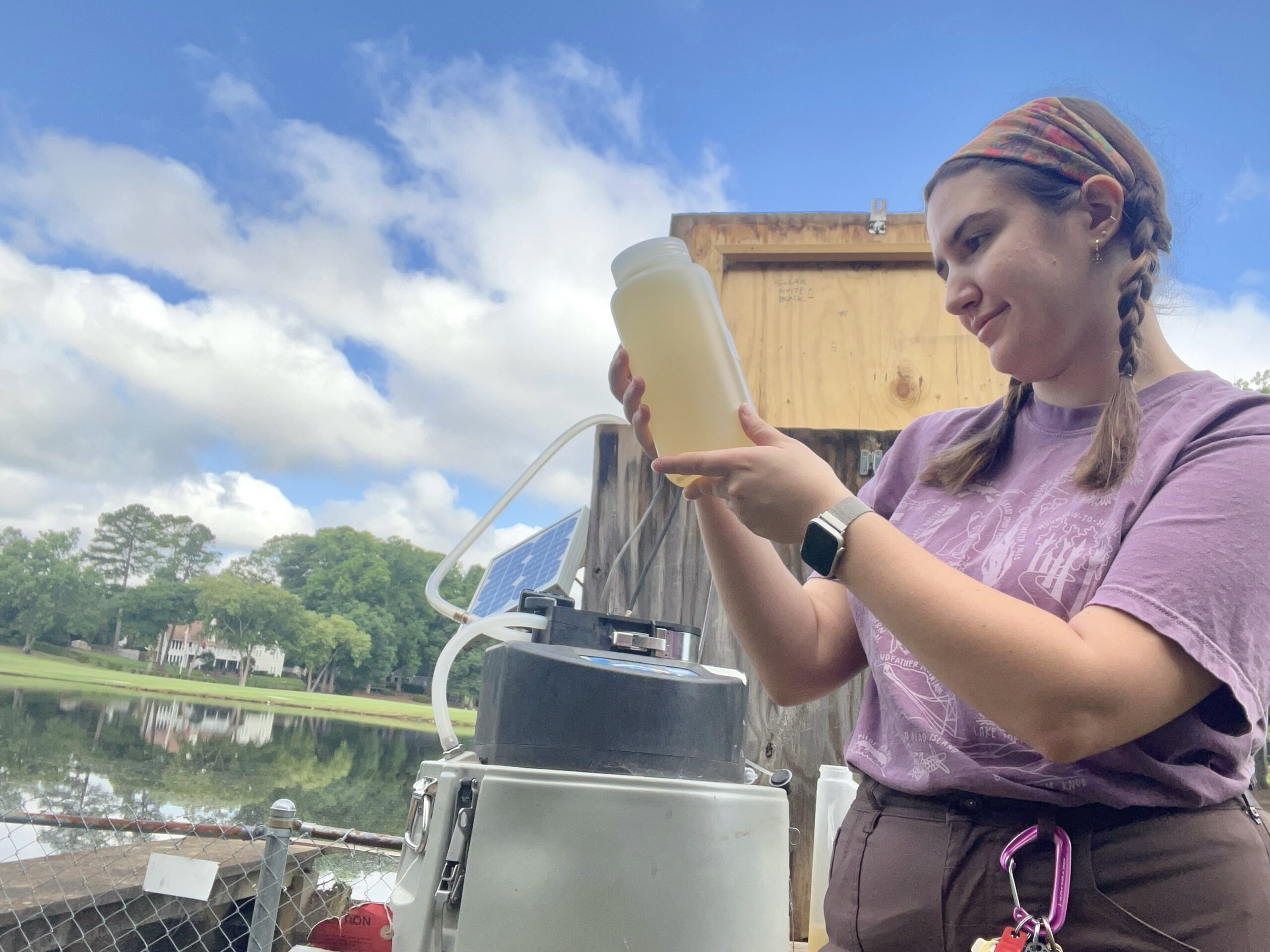
The North Carolina Space Grant and Sea Grant programs are pleased to announce the recipient of the 2025-26 joint research fellowship, Savannah Roth. A Ph.D. student at NC State studying biological and agricultural engineering, Roth will use open-source, forecast-driven control technology of stormwater for flooding and water quality management.
This fellowship supports interdisciplinary research addressing critical challenges in the state’s coastal and watershed environments. Fellowship recipients utilize relevant measurement instruments and/or remote-sensing data resources from the National Aeronautics and Space Administration (NASA), the National Oceanic and Atmospheric Administration (NOAA), or other federal, state, or commercially available datasets.
“This fellowship is a fantastic opportunity for students to utilize tools and data sets from NASA and NOAA or that are commercially available,” says Sandy Canfield, assistant director of NC Space Grant. “It demonstrates how different federal agencies and other partners can work together to generate strong research applications that help to solve real-world problems. Students will have the opportunity to experience how working with others can strengthen their research and build better solutions.”
Roth’s project focuses on improving the performance of stormwater ponds through open-source, real-time control (RTC) technology. RTC systems use live weather forecasts, water level data, and automated valves to actively manage pond water levels.
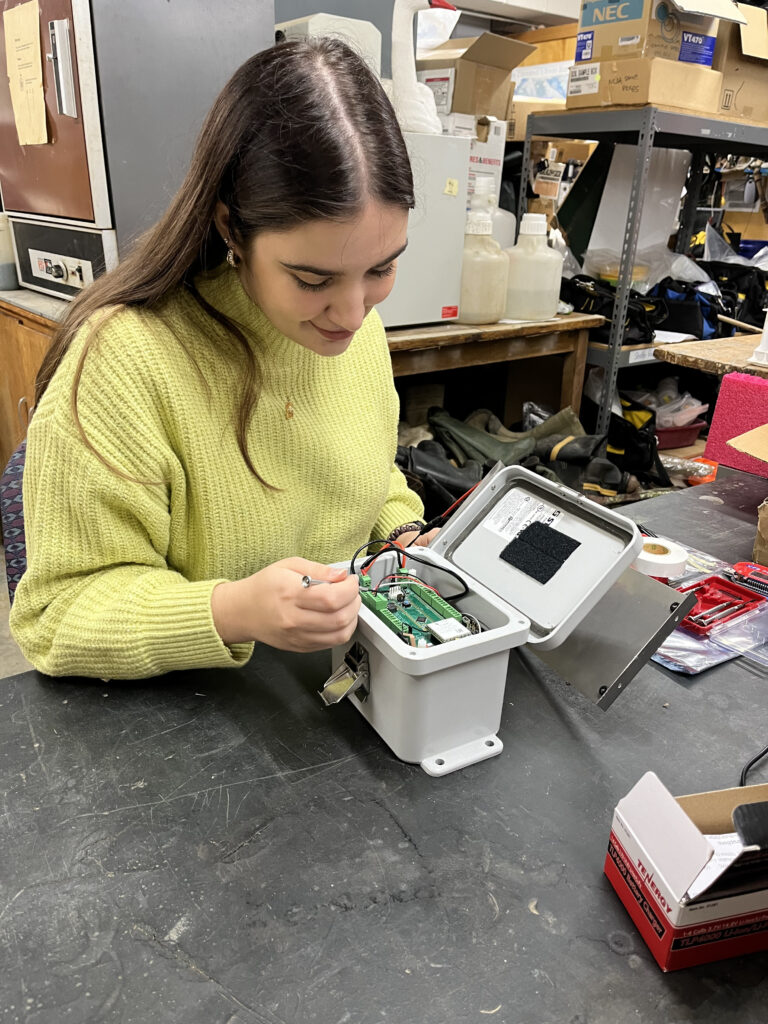
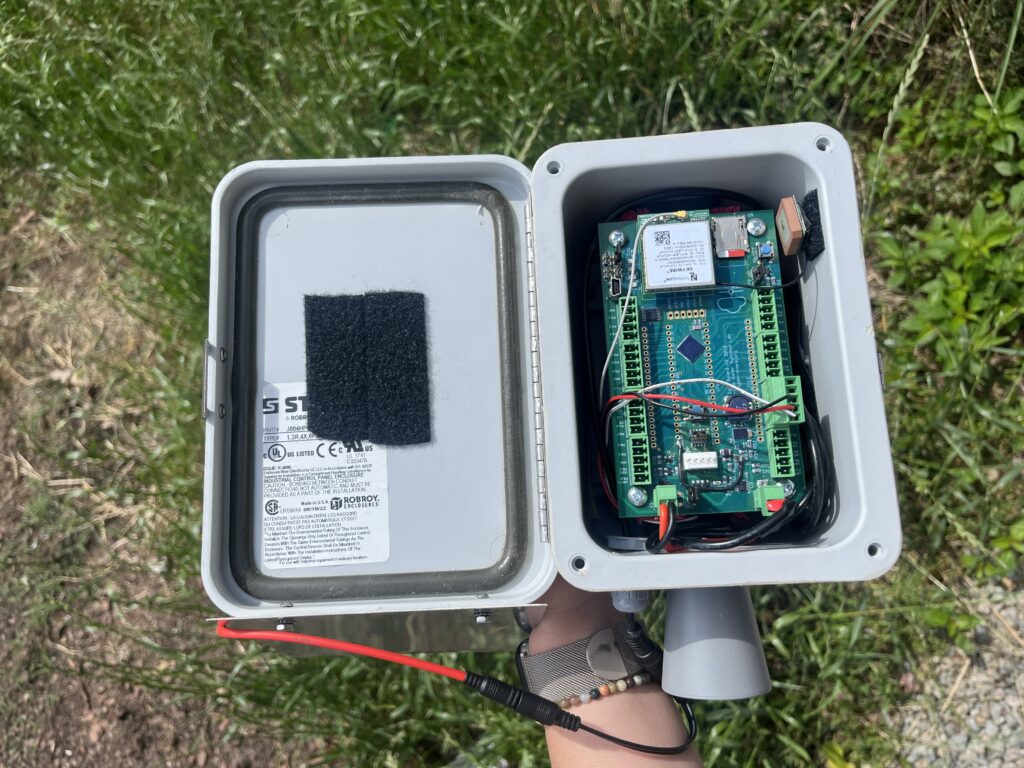
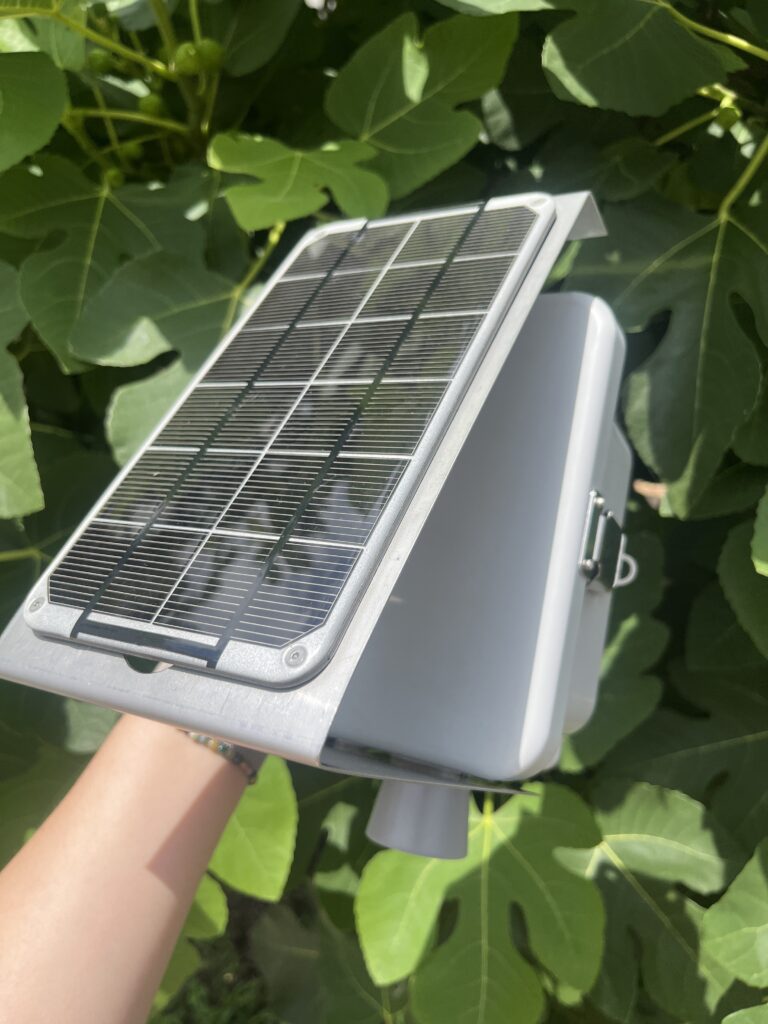
By draining ponds in advance of incoming storms, Roth explains, the system creates extra capacity in the pond to capture runoff, which reduces flooding. Water is released gradually at controlled rates, which prevents downstream erosion and improves water quality.
“Controlling stormwater runoff is one of the most challenging issues facing our local municipalities,” says Aman Kohli, research and program coordinator for NC Sea Grant. “This project will pilot-test a process that can be retroactively applied in many different locations. The transferability potential for this work is huge.”
This technology provides municipal managers with data-driven decision-making tools that automate pond performance based on real-time conditions rather than relying on static infrastructure.
Roth adds that the open-source design means municipalities can build and operate these systems at a fraction of the cost of commercial products, making them more accessible to rural and lower-income communities.
“I’m excited to learn more about integrating remote-sensing and weather data into operational decision-making,” says Roth, “and to work directly with municipal partners to understand their real-world constraints and needs! The extension work will be particularly rewarding as I develop practical build guides and resources alongside the people who will actually be using them.”
More information about the systems and how to build them yourself will be available soon at stormwater.bae.ncsu.edu/real-time-control/
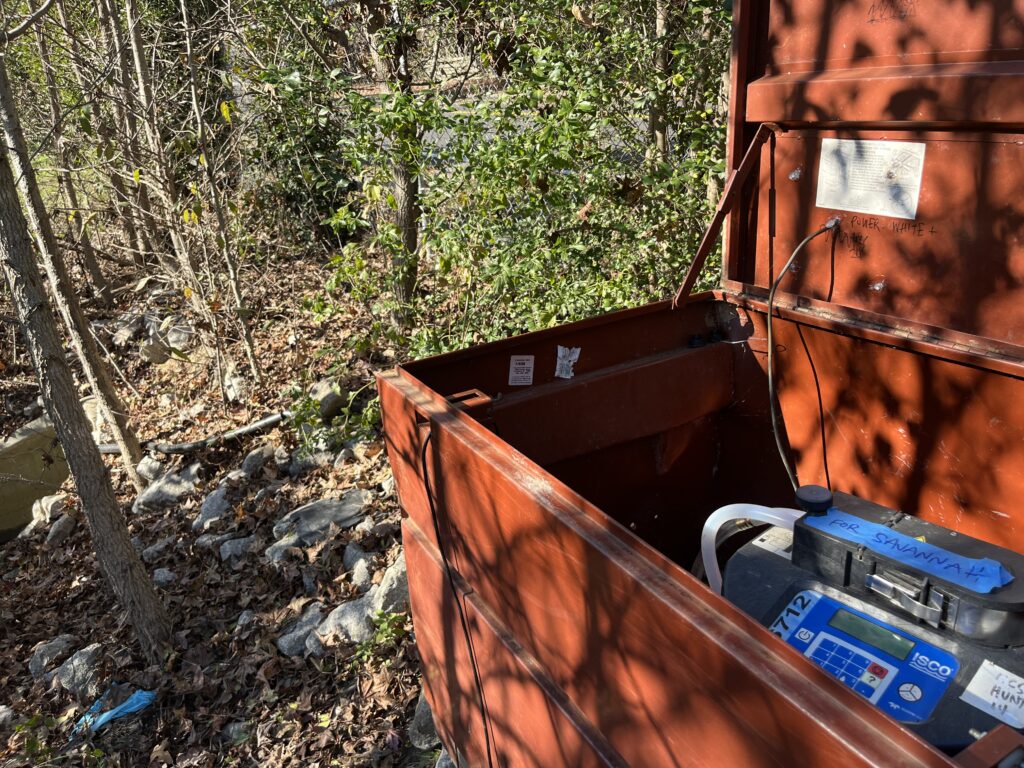
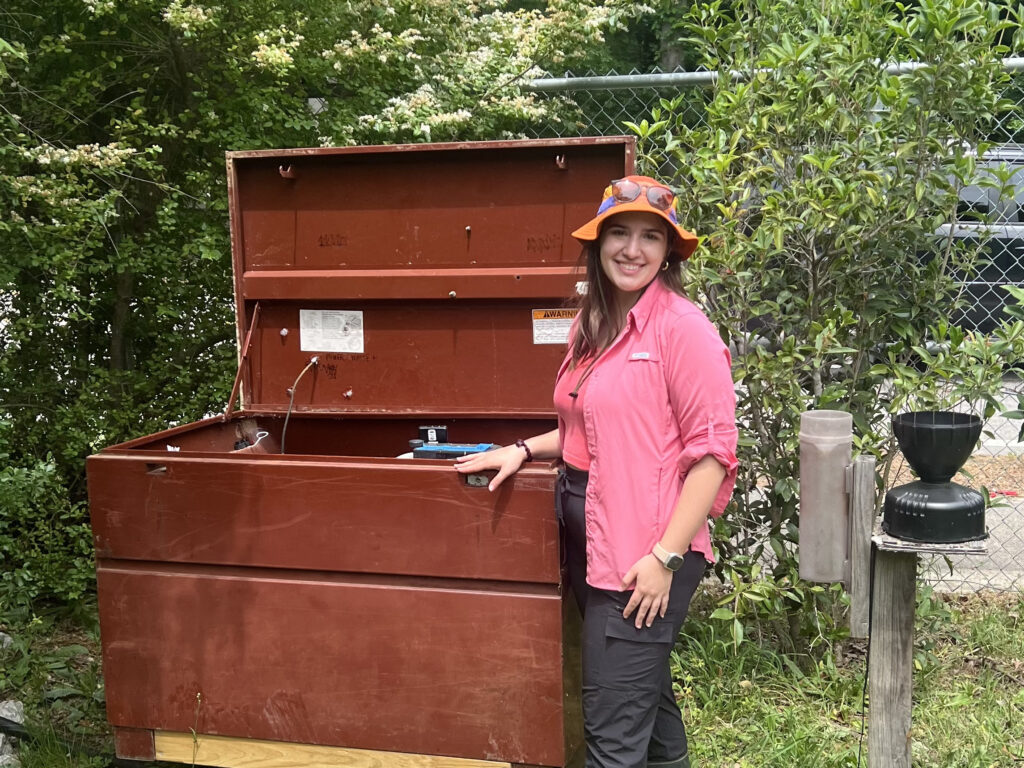
Partnership with Louisiana
In a unique collaboration, the North Carolina Space Grant and Sea Grant Programs are partnering with Louisiana to fund graduate research fellows in both states. This partnership aims to address common challenges related to sediment loss, erosion, and coastal habitat degradation.
While each state’s fellows will pursue independent research projects, they will engage collaboratively to share insights and foster regional knowledge exchange. This initiative not only enhances the research capabilities of both programs but also promotes interdisciplinary approaches to tackling coastal resilience issues across different geographic and ecological contexts.
“Working regionally allows a larger area of habitat types, environmental conditions, and existing management strategies to be studied,” says John Fear, deputy director of North Carolina Sea Grant. “This ‘bigger picture’ perspective will hopefully make the results of each project more relevant across many areas, not just where the work took place.”
Learn more about the NC Sea Grant – NC Space Grant Graduate Research Fellowship
Read about the 2024-25 fellowship recipients
